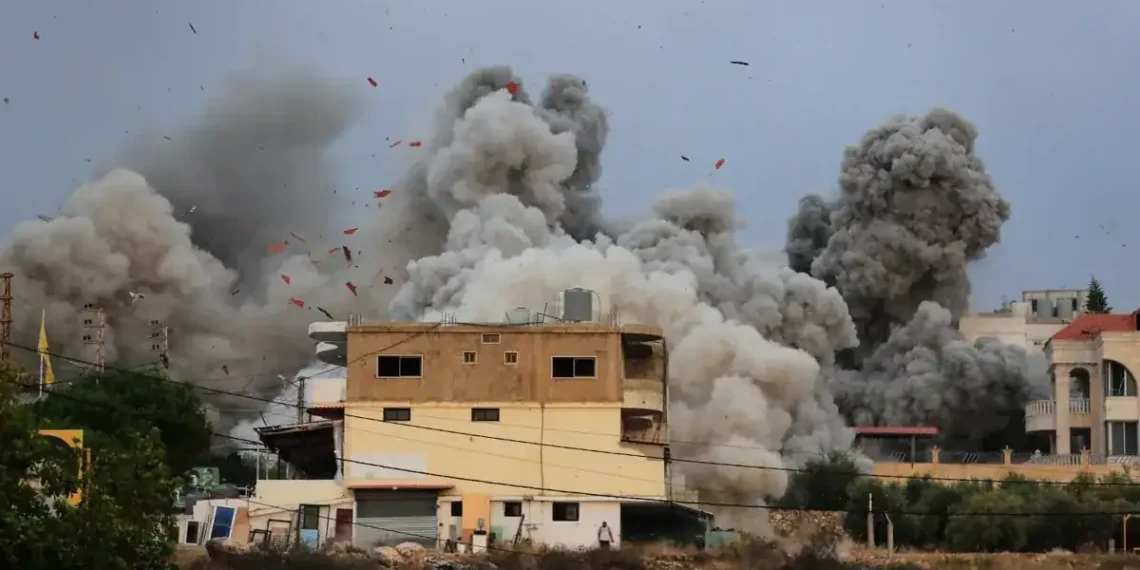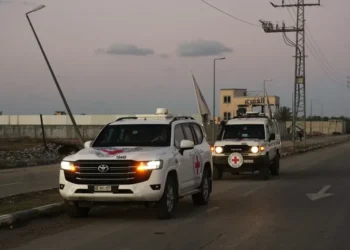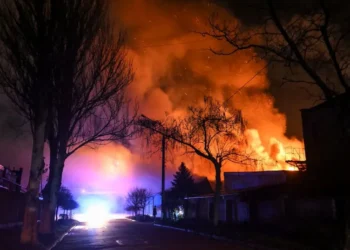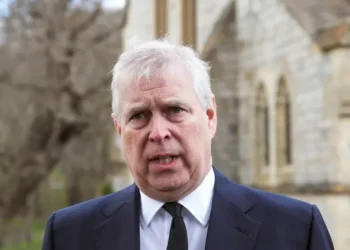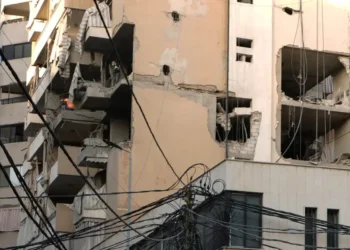Israeli warplanes carried out a series of airstrikes across southern Lebanon on Thursday, targeting several towns after warning residents to evacuate. The attacks marked a sharp escalation in near-daily cross-border operations that have intensified over recent months.
According to the Israeli military, the strikes hit “military infrastructure” belonging to Hezbollah, the Iran-backed militant group. Lebanese officials confirmed that at least one person was wounded, while most residents in the targeted areas had already fled following Israeli warnings.
Warnings Precede Airstrikes
Israeli military spokesperson Avichay Adraee issued public warnings in Arabic urging residents of Tayba, Teir Debba—east of the coastal city of Tyre—and Aita al-Jabal to move at least 500 meters away from designated targets. Additional alerts were later sent to the towns of Zawtar al-Sharqiyah and Kfar Dounin.
“The Israel Defense Forces will not allow Hezbollah to rearm, recover, or rebuild its strength to threaten the State of Israel,” Israeli government spokesperson Shosh Bedrosian said during a Thursday briefing. She added that the operations aimed to prevent Hezbollah from regaining the military capacity it lost during last year’s conflict.
Lebanon’s Leadership Responds
The airstrikes coincided with a meeting in Beirut led by Lebanese Prime Minister Nawaf Salam, who convened his cabinet to discuss a plan by the Lebanese army to disarm Hezbollah and other non-state armed factions operating within the country. The proposal, drafted earlier this year, seeks to place all armed groups under state control—a longstanding demand from Western and Arab partners.
Lebanese President Joseph Aoun reiterated his opposition to Israel’s airstrikes and the continued occupation of five disputed hilltop positions on Lebanese territory. However, he also signaled openness to diplomatic talks aimed at easing cross-border tensions.
Hezbollah’s Position and Capabilities
Hezbollah, which has fought multiple wars with Israel since its founding in the 1980s, urged Beirut not to engage in negotiations with Israel. The group’s deputy leader, Sheikh Naim Kassem, recently stated that Hezbollah “will remain ready to fight” despite the severe losses suffered in Israel’s 2024 air campaign.
Israel accuses Hezbollah of using civilian areas to rebuild its arsenal and command networks in defiance of a U.S.-brokered ceasefire agreed nearly a year ago. The Lebanese government, by contrast, has condemned the air raids as violations of its sovereignty and as attacks on civilian infrastructure not directly linked to the militia.
Ceasefire Strains and Civilian Toll
The ceasefire that took effect in November 2024 formally ended a monthslong war triggered by cross-border violence following the Hamas-led assault on Israel on October 7, 2023. Hezbollah began launching rockets into northern Israel soon after, declaring solidarity with Hamas and the Palestinian cause. Those exchanges escalated throughout 2024, culminating in full-scale hostilities by September.
Since the truce, both sides have accused each other of repeated violations. Lebanon’s Ministry of Health reports that more than 270 people have been killed and around 850 wounded by Israeli military actions since the ceasefire began. The United Nations Human Rights Office verified that at least 107 of those fatalities were civilians or noncombatants. Israel, meanwhile, has reported no fatalities from cross-border attacks since November.
New U.S. Sanctions on Hezbollah Financing
In a related move on Thursday, the U.S. Department of the Treasury imposed new sanctions targeting Hezbollah’s financial network. The measures focus on “financial operatives who oversee the movement of funds from Iran to Hezbollah,” according to a statement. The sanctions include several licensed and unlicensed money exchange offices accused of failing to perform due diligence on transactions that facilitate money laundering through Lebanon’s largely cash-based economy.
The Treasury said the restrictions are part of broader efforts to disrupt Iran’s funding channels to armed groups across the Middle East, including Hezbollah, Hamas, and other proxy forces.
Regional Outlook
Analysts say the latest escalation underscores the fragility of Lebanon’s security landscape and the risk of renewed regional conflict. United Nations peacekeeping forces stationed along the Blue Line—the de facto border separating Lebanon and Israel—have urged restraint and dialogue to prevent further escalation.
Despite the intensifying air campaign, there are few indications that either side seeks a return to all-out war. However, the combination of military pressure, financial sanctions, and political divisions in Beirut continues to test Lebanon’s stability nearly a year after the ceasefire was signed.
This article was rewritten by JournosNews.com based on verified reporting from trusted sources. The content has been independently reviewed, fact-checked, and edited for accuracy, neutrality, tone, and global readability in accordance with Google News and AdSense standards.
All opinions, quotes, or statements from contributors, experts, or sourced organizations do not necessarily reflect the views of JournosNews.com. JournosNews.com maintains full editorial independence from any external funders, sponsors, or organizations.
Stay informed with JournosNews.com — your trusted source for verified global reporting and in-depth analysis. Follow us on Google News, BlueSky, and X for real-time updates.
